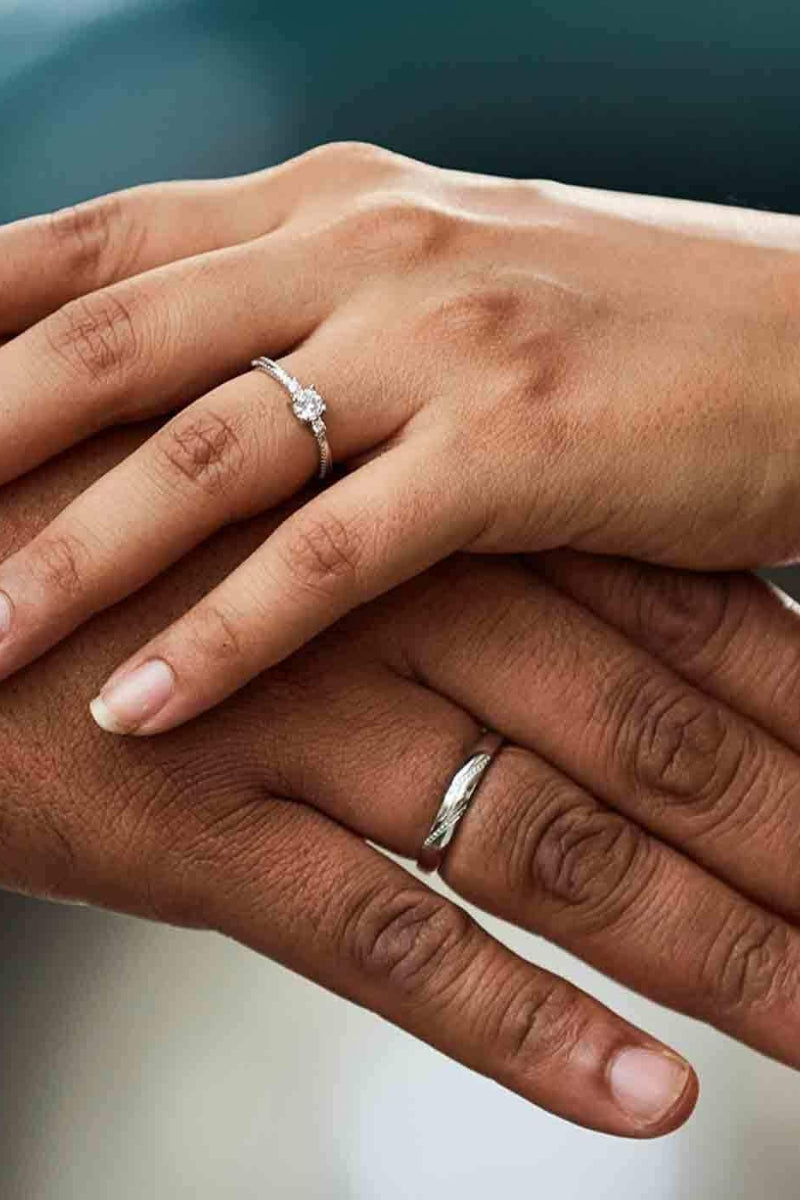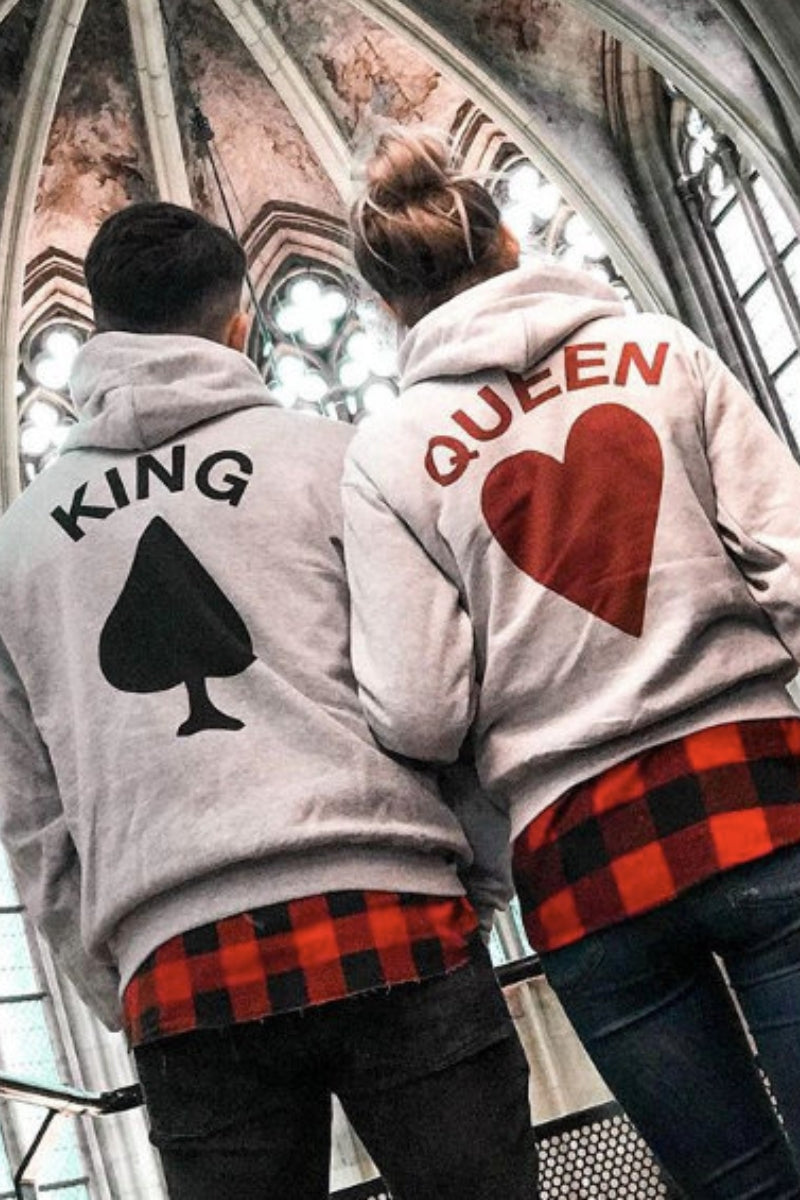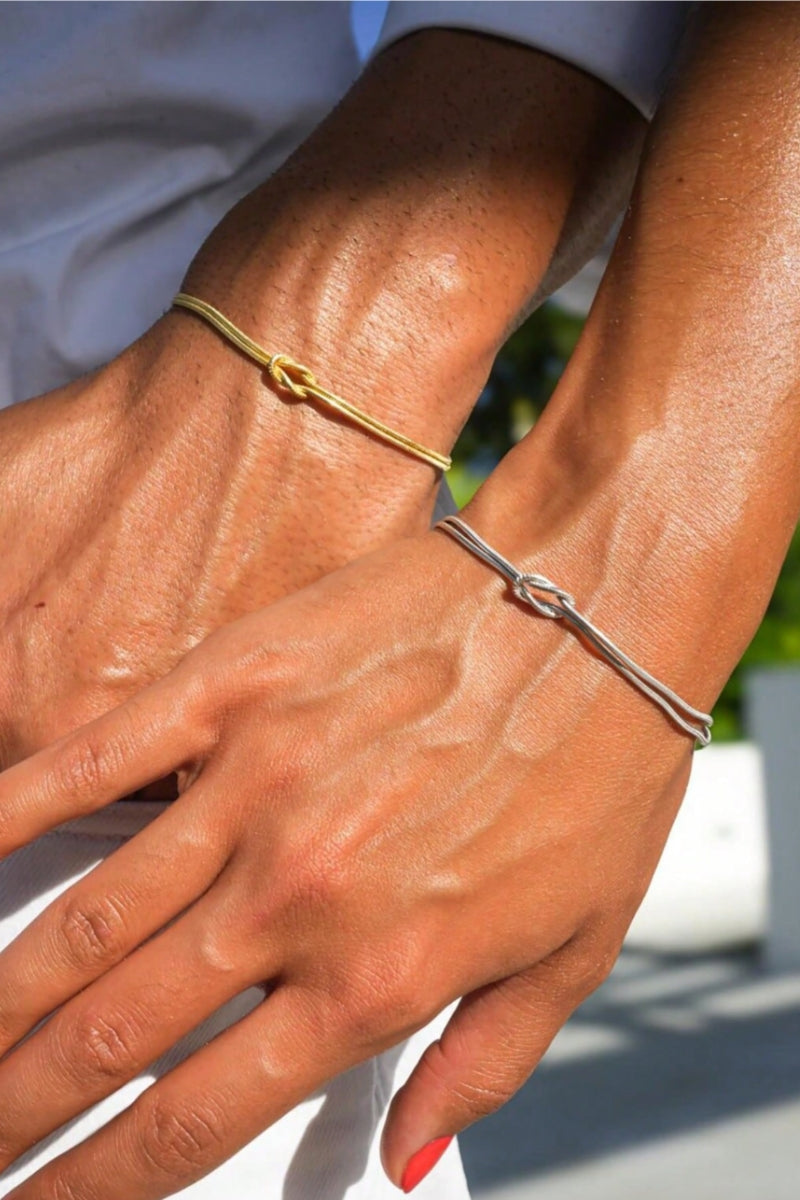Falling in love is the easiest part. The challenge for couples is how to rekindle the fires of romance from time to time and cultivate the mature, trusting love that is the hallmark of a lasting relationship.
What’s Your Love Style?
When you say “I love you,” what do you mean?

George Markoff, a sociologist, has created a love scale that identifies six distinct types of love found in our closest relationships.
- Romantic: Based on passion and sexual attraction
- Best Friends: Fondness and deep affection
- Logical: Practical feelings based on shared values, financial goals, religion etc.
- Playful: Feelings evoked by flirtation or feeling challenged
- Possessive: Jealousy and obsession
- Unselfish: Nurturing, kindness, and sacrifice
Researchers have found that the love we feel in our most committed relationships is typically a combination of two or three different forms of love. But often, two people in the same relationship can have very different versions of how they define love. Dr. Markoff gives the example of a man and woman having dinner. The waiter flirts with the woman, but the husband doesn’t seem to notice, and talks about changing the oil in her car. The wife is upset her husband isn’t jealous. The husband feels his extra work isn’t appreciated.
What does this have to do with love? The man and woman each define love differently. For him, love is practical, and is best shown by supportive gestures like car maintenance. For her, love is possessive, and a jealous response by her husband makes her feel valued.

Understanding what makes your partner feel loved can help you navigate conflict and put romance back into your relationship. If you learn your partner tends toward jealousy, make sure you notice when someone is flirting with him or her. If your partner is practical in love, notice the many small ways he or she shows love by taking care of everyday needs.
Reignite Romance
Romantic love has been called a “natural addiction” because it activates the brain’s reward center -- notably the dopamine pathways associated with drug addiction, alcohol and gambling. But those same pathways are also associated with novelty, energy, focus, learning, motivation, ecstasy and craving. No wonder we feel so energized and motivated when we fall in love!
But we all know that romantic, passionate love fades a bit over time, and (we hope) matures into a more contented form of committed love. Even so, many couples long to rekindle the sparks of early courtship. But is it possible?
The relationship researcher Aaron Gene, a psychology professor who directs the Interpersonal Relationships Laboratory at the State University, has found a way. The secret? Do something new and different -- and make sure you do it together. New experiences activate the brain’s reward system, flooding it with dopamine and norepinephrine. These are the same brain circuits that are ignited in early romantic love. Whether you take a pottery class or go on a white-water rafting trip, activating your dopamine systems while you are together can help bring back the excitement you felt on your first date. In studies of couples, Dr. Gene has found that partners who regularly share new experiences report greater boosts in marital happiness than those who simply share pleasant but familiar experiences.

Diagnose Your Passion Level
The psychology professor Elene Holland has suggested that the love we feel early in a relationship is different than what we feel later. Early on, love is “passionate,” meaning we have feelings of intense longing for our mate. Longer-term relationships develop “companionate love,” which can be described as a deep affection, and strong feelings of commitment and intimacy.






